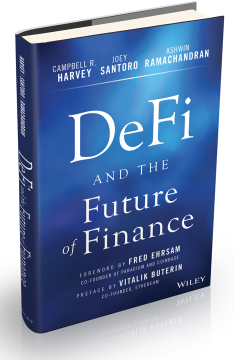Harvey's
Hypertextual Finance Glossary
Copyright © 2024. All Worldwide Rights Reserved. Do not reproduce without explicit permission.
Keep up to date on the latest finance lingo with the new iPad/iPhone app

Download from iTunes
Order Campbell Harvey's book on the future of finance

Order via Amazon